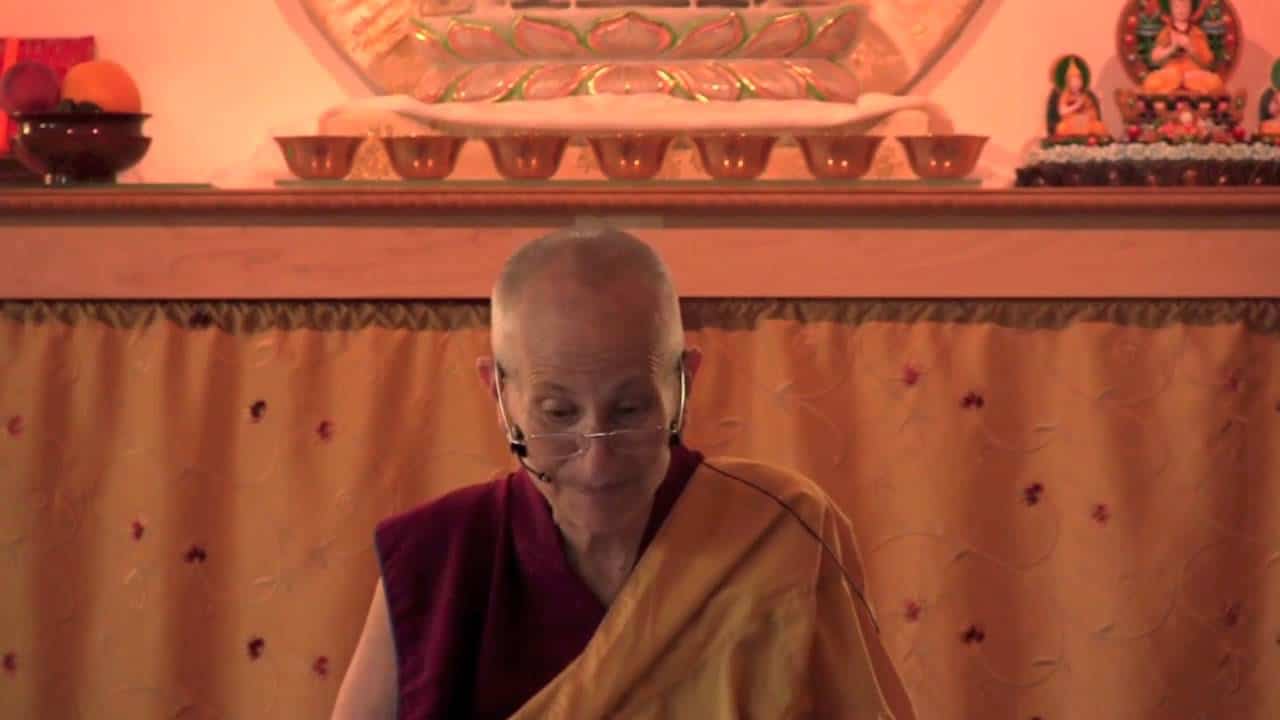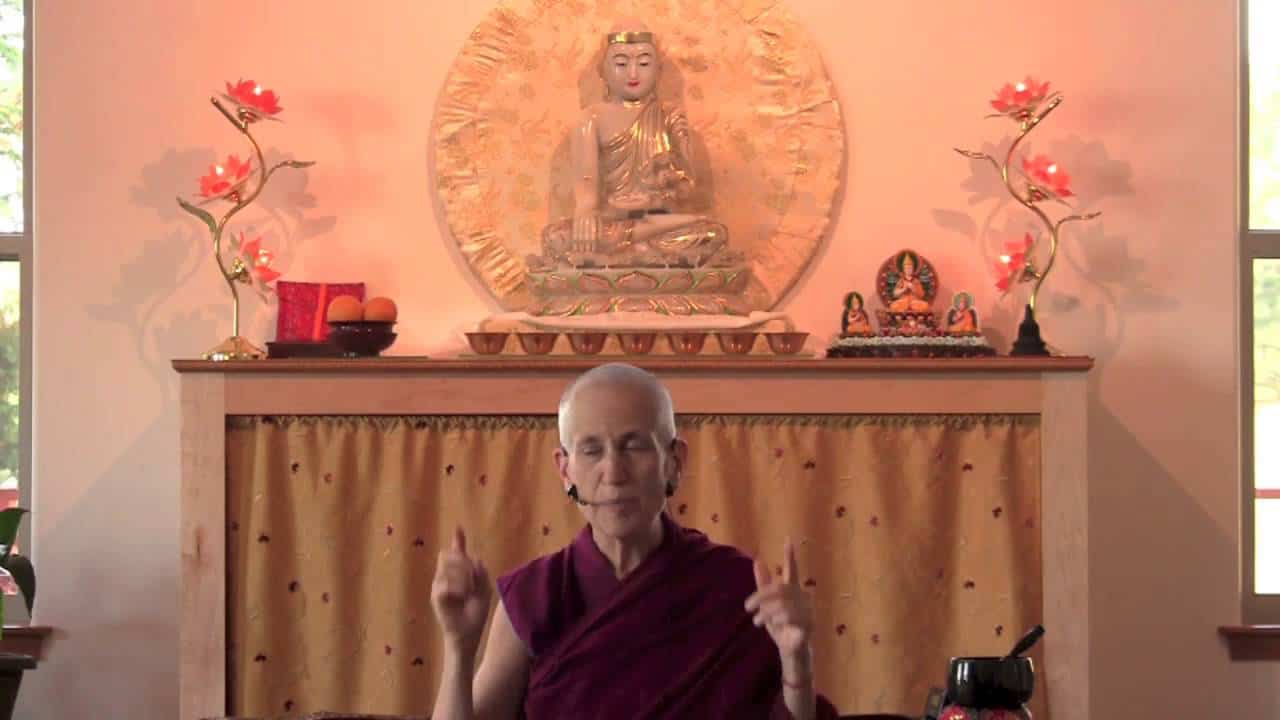The Essence of a Human Life
Words of Advice for the Lay Practitioner

Translation by Gavin Kilty. From The Splendor of an Autumn Moon: The Devotional Verse of Tsongkhapa, Wisdom Publications, 2001. With gratitude to Wisdom Publications for permission to reproduce this text online.
Homage to my guru, the youthful Manjushri!
To those within her refuge, every happiness and joy,
for those beset by suffering, every assistance.
Noble Tara, I bow before you.
“Those adrift on great seas of suffering I will save”–
a powerful vow made good.
To your lotus feet, compassionate goddess,
I offer this bowed head.
You of fine features, you have gained
This opportune and leisured human form.
If you follow me who speaks to help others,
listen well, I have something to say.
Death will definitely come and will quickly come.
Should you neglect to train your thoughts
again and again on such certainties
you will grow no virtuous mind,
and even if you do, it will be spent
on enjoyment of the glories of this life.
Think, therefore, upon seeing and hearing of others’ deaths,
“I am no different, death will soon come,
its certainty in no doubt, but no certainty as to when.
I must say farewell to my body, wealth, and friends,
but good and bad deeds will follow like shadows.
“From bad will come the long and unbearable pain
of the three lower realms;
from good the higher, happier realms
from which to swiftly enter the echelons of enlightenment.”
Know this and think upon it day after day.
With such thoughts make efforts in refuge,
live as best you can in the five lifelong vows,
praised by Buddha as the basis of lay life.
Take sometimes the eight daylong vows
and guard them dearly.
Drunkenness, particularly, is the ruin of the world,
held in contempt by the wise.
Therefore, my fine-featured ones,
it is good to turn from such despised behavior.
If what you do brings on suffering eventually,
though it may appear in the moment as happiness,
then do not do it.
After all, food beautifully cooked but mixed with poison
is left untouched, is it not?
To the Three Jewels make prayers and offerings each day,
work hard to be wholesome, confess previous wrongs,
strengthen your vows again and again,
dedicating all merit for awakening.
To conclude: you are born alone, die alone,
friends and relations are therefore unreliable,
Dharma alone is the supreme reliance.
This short life is over, gone in a flash.
Realize that, come what may, now is the time
to find happiness everlasting.
Do not leave this precious human life empty-handed.
By the virtue of this advice,
may living beings turn from the bustle of this life,
whose happiness is never enough,
whose suffering never runs out,
to live instead by the great joy of Dharma.
Venerable Thubten Chodron gives commentary on the text: The Essence of a Human Life.
Lama Tsongkhapa
Je Tsongkhapa (1357–1419) is an important master of Tibetan Buddhism and founder of the Gelug school. He is also known by his ordained name, Lobsang Drakpa, or simply as Je Rinpoche. Lama Tsongkhapa heard the Buddha’s teachings from masters of all Tibetan Buddhist traditions and received lineage transmission in the major schools. His main source of inspiration was the Kadampa tradition, the legacy of Atiśa. He expanded on the points of Lama Atisha's text and wrote The Great Exposition on The Gradual Path to Enlightenment (Lamrim Chenmo), which sets out in a clear manner the steps to realizing enlightenment. Based on Lama Tsongkhapa’s teachings, the two distinguishing characteristics of the Gelug tradition are the union of Sutra and Tantra, and emphasis on the Lamrim along the three principal aspects of the path (a genuine wish for renunciation, generation of bodhicitta, and insight into emptiness). In his two main treatises, Lama Tsongkhapa meticulously set forth this graduated way and how one establishes oneself in the paths of Sutra and Tantra. (Source: Wikipedia)


